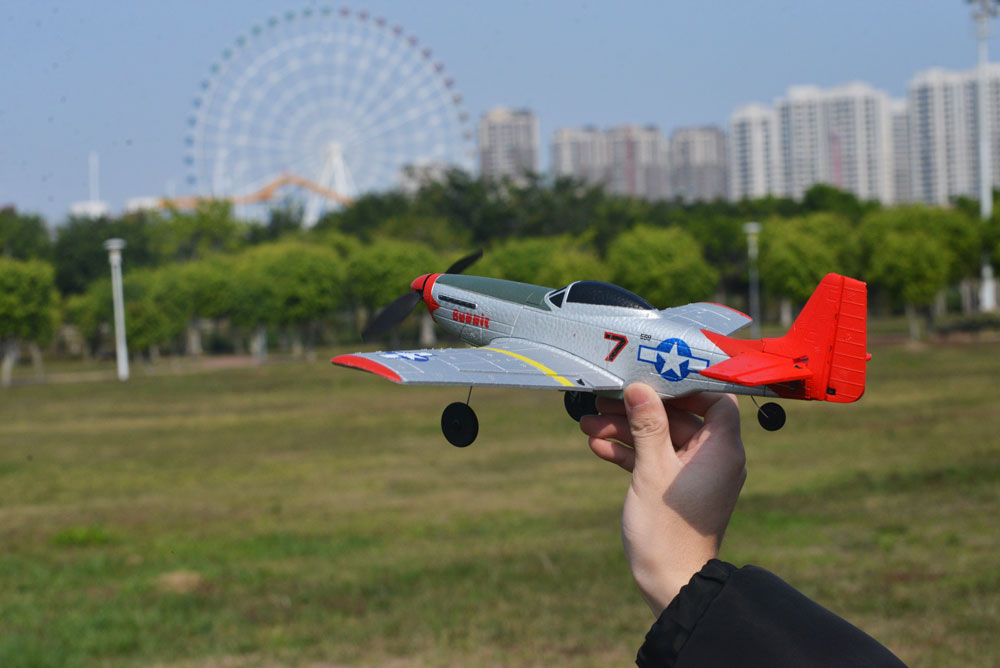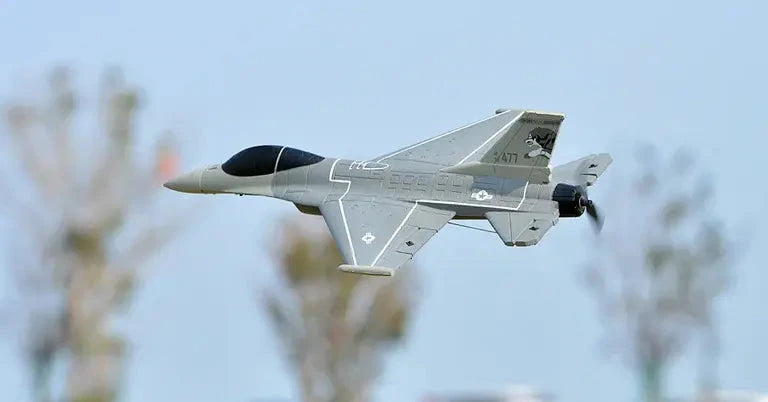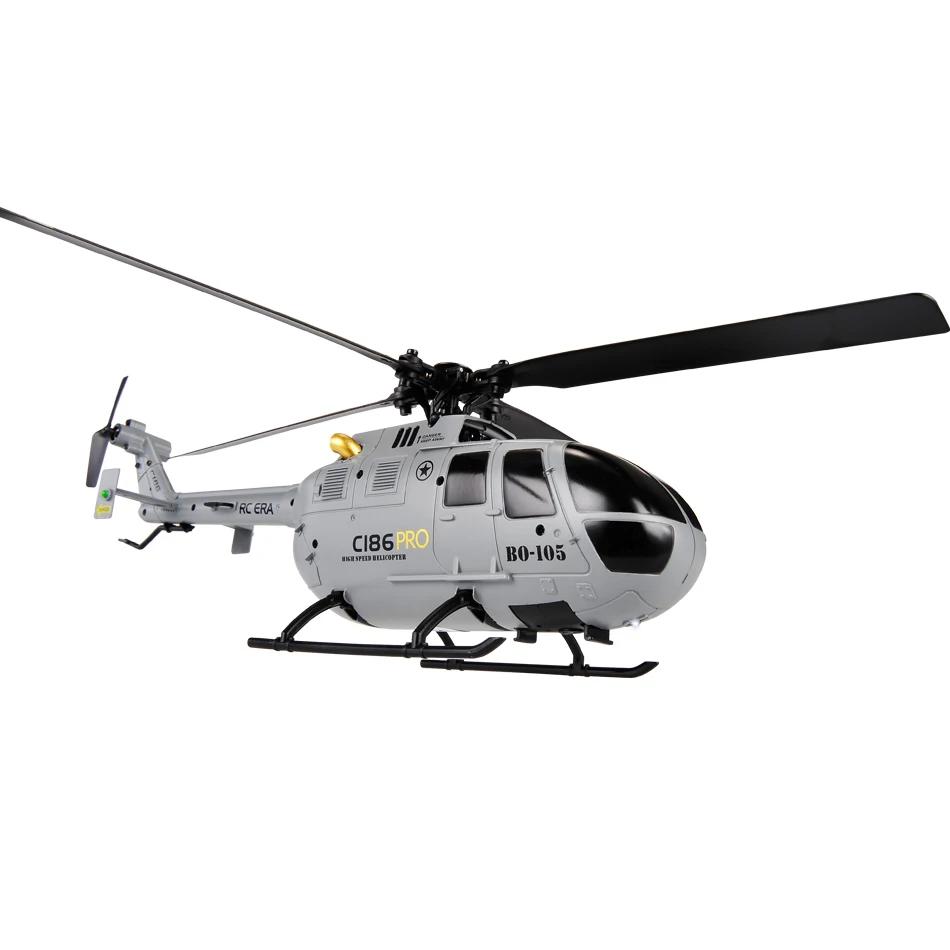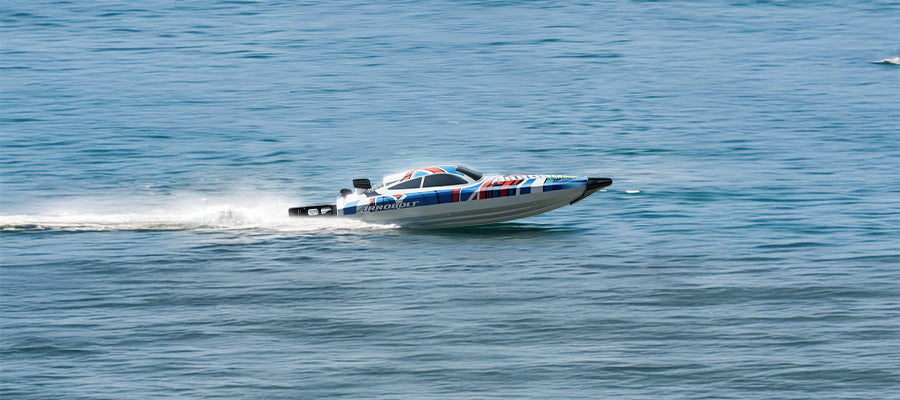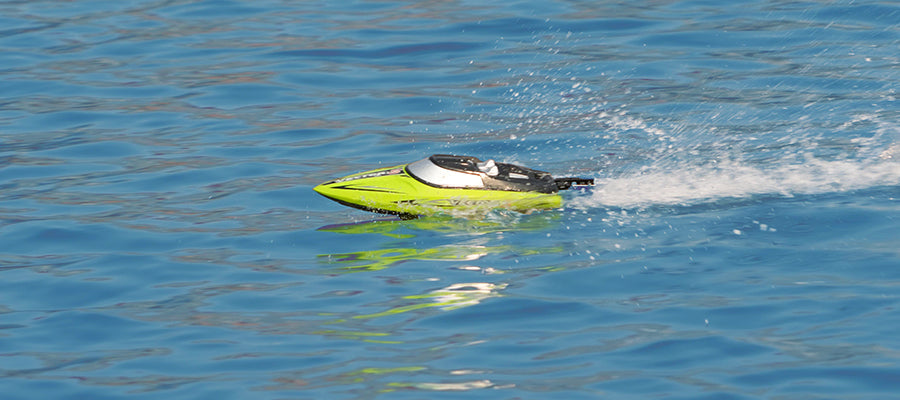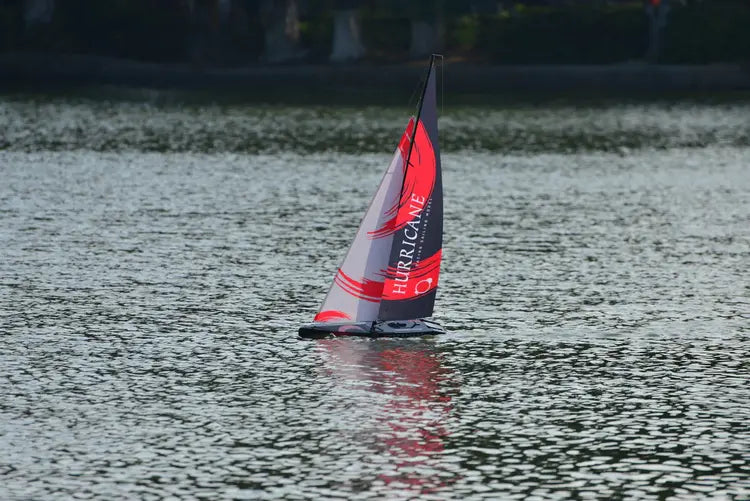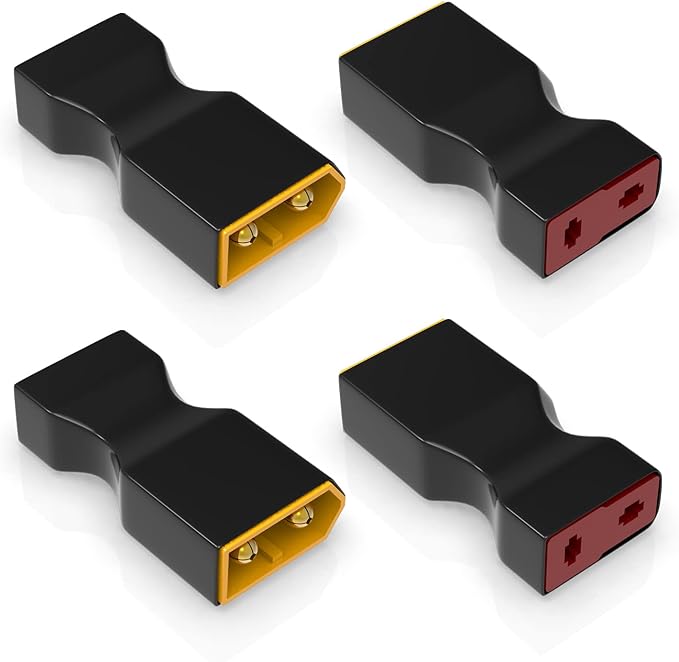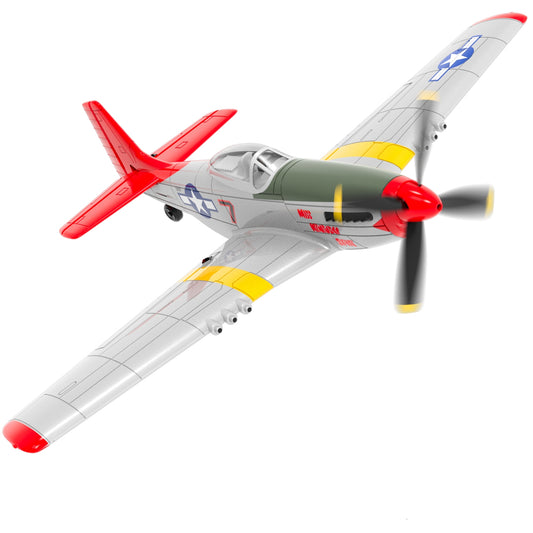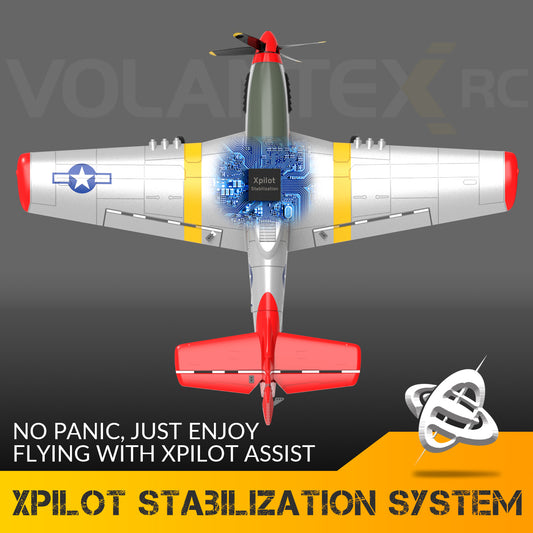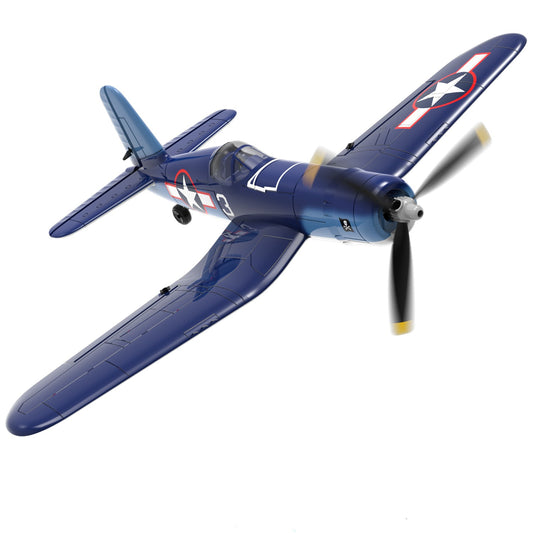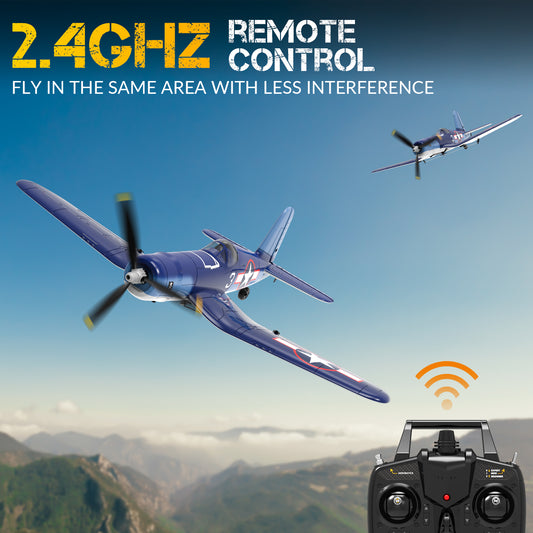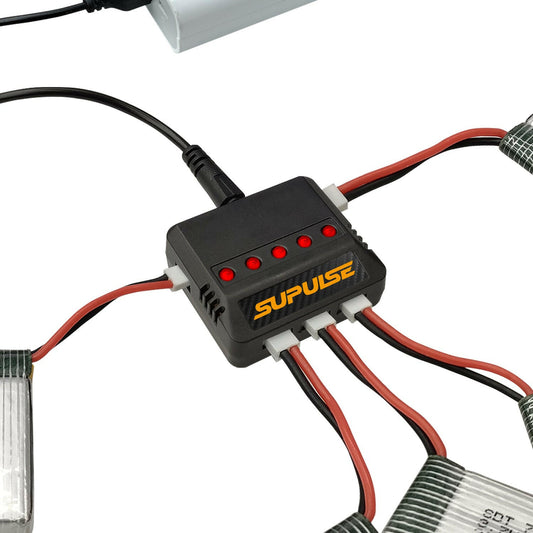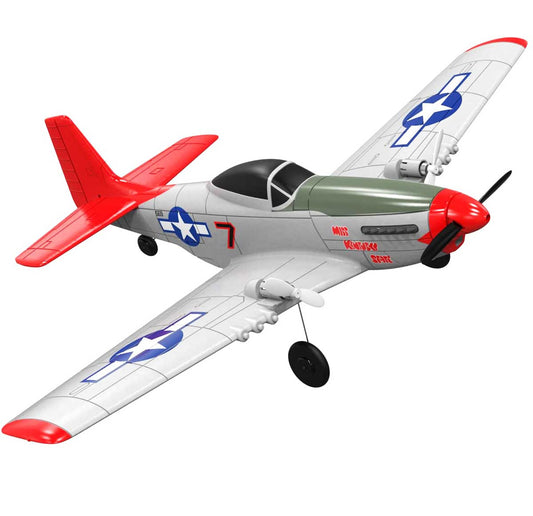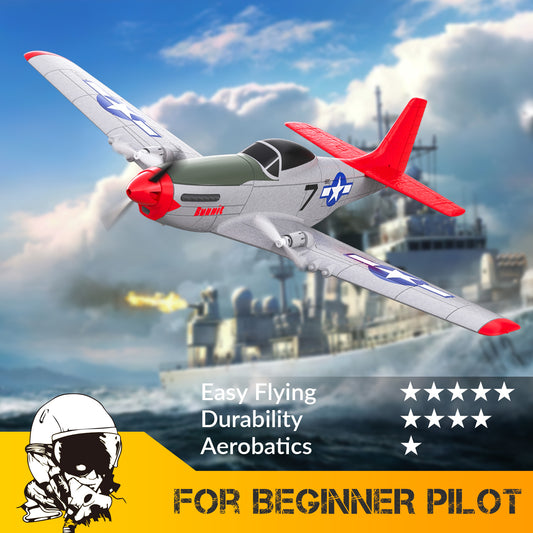How do I know what skill level plane to fly?
Skill level could be a blur concept for some RC beginners. A RC plane may not be defined easily for which perticular skill level. So how can we choose the proper RC plane to fly? This article may give you some ideas.
Skill Levels
Rookie Level
- Limited flight experience.
- Reliance on stable, easy-to-fly planes.
- Focus on basic maneuvers and understanding controls.
Recommend to start with simple airplanes with stabilizer system, between 2 to 3 channels. Before spending plenty of time to practise and learn knowledge, don't rush to enter the next level and try some airplanes that are difficult to handle. Otherwise, you could cause severe damage to the airplane, or even worse, serious harmness to other properties and people.
Beginner Level
- Understanding the basic controls: throttle, elevator, aileron, and rudder.
- Grasping the concept of coordinated turns.
- Takeoff and landing proficiency.
After spending enough flight time with 3-channel aircrafts, it is suggested that fly a 4-channel trainer with stabilizer system, and try not keep stabilizer on during the whole flight.
Experienced Level
- Advanced maneuvering, including rolls and loops.
- Precise control of throttle and pitch for aerobatics.
- Increased comfort with inverted flight.
A 4-channel medium size airplane between 60 to 120 cm is a good choice to practise mostly. The stabilizer system is still a reliable mate to fly with if not enough faith in pure manual flight.
Advanced Level
- Mastering 3D aerobatics.
- Expertise in knife-edge flight and hovering.
- Fine-tuned control in various weather conditions.
Well, this article may not be helpful for your level. You can skip and dig other deeper knowledges.
Progression Tips
Consistent Practice
- Regular flying sessions to build muscle memory.
- Gradual progression from simpler to more complex maneuvers.
Mentorship
-
Seek guidance from experienced pilots.
-
Participate in local RC clubs for shared learning experiences.
Continued Learning
-
Stay updated on advancements in RC technology.
-
Attend workshops and events to enhance skills.

